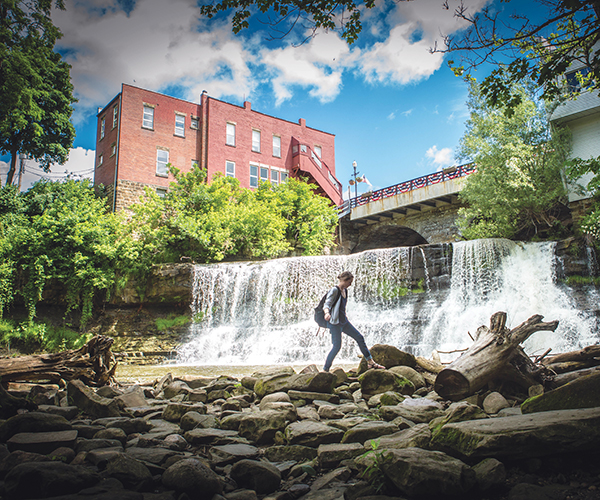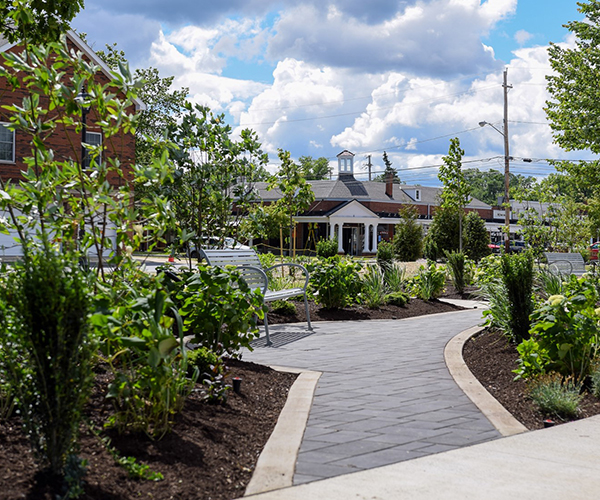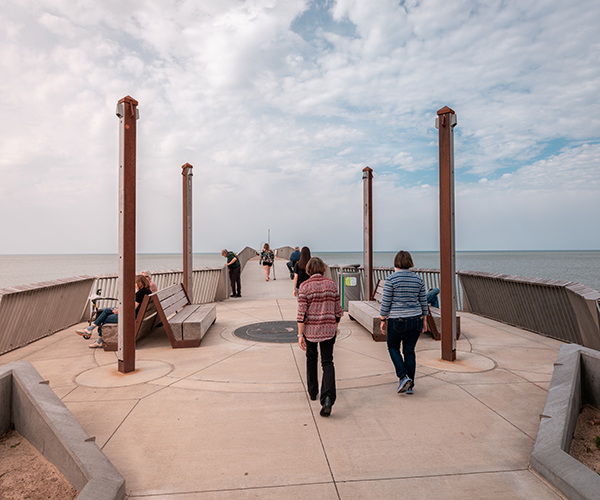A few years ago, we were getting hammered with people stealing from cars. In the two nights we [patrolled on bikes], not only did we arrest two of the people who were breaking into the cars, but I think we ended up with a couple other arrests for minor things — marijuana possession, a guy who tried to stumble home drunk, things like that — that are much harder to see when you're driving around in a cruiser.
When you're in a patrol car, it's marked like a billboard. Everyone sees you coming; everyone hears you coming. When you're on a bike, it's dead quiet. It's perfect. I bike personally all the time, and it's just amazing the things that you notice when you're on a bike. You don't have the car all the way around you blocking your vision. Everything is just open, and you're going so much slower that you just notice more things.
We're going to use them not just as an enforcement tool; we're also going to use them for community policing. We're going to be riding the parks. We're going to be riding the neighborhoods. We're going to be riding the shopping areas. That's big as far as the community aspect of just seeing the police out there. You're much more approachable on a bike than you are in a car, especially if you're riding through the neighborhood. Kids are going to come up to you. You're going to be riding through the woods. You're going to be checking the foot paths and things like that.
It just opens up so much more opportunity to interact with people than it does when you're driving by them in a car. — as told to James Bigley II



